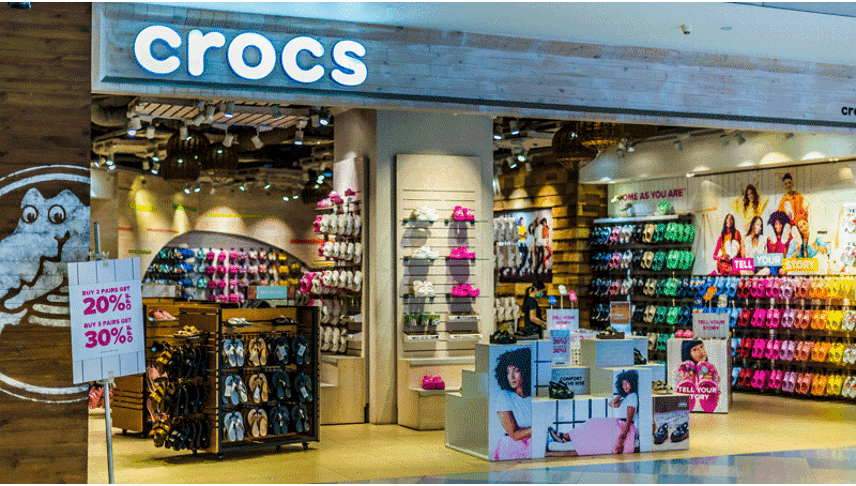Register for free and continue reading
Join our growing army of changemakers and get unlimited access to our premium content

Crocs, which is based in the US and sells shoes globally, posted the updated climate in its latest environmental, social and governance (ESG) report late last week.
The report states that Crocs’ initial commitment to net-zero across by 2030, made in 2021, was “neither fast nor vast enough”.
Nonetheless, it has amended the commitment to net-zero across all emissions scopes by 2040. The report states that, when the initial 2030 goal was announced, Crocs had not completed its acquisition of HEYDUDE nor had it completed a comprehensive baseline of its greenhouse gas emissions.
The acquisition pushed Crocs’ baseline emissions up and the baselining activity revealed a higher-than-expected starting level of emissions.
Crocs estimated its value chain emissions in 2021 at 538,037 tonnes of CO2e. The estimate for 2022 is 45.5% higher at 782,774 tonnes of CO2e. At least 193,000 tonnes of these 2022 emissions are attributable to the HEYDUDE acquisition.
Crocs’ report states that the new 2040 goal is “still ambitious” but “more credible and realistic”.
A commitment to halve the carbon footprint of each pair of Crocs Classic Clogs between 2021 and 2030 has been retained, and extended to the HEYDUDE ‘Wendy’ and ‘Wally’ models. Increasing the share of bio-based content within shoes to 50% by 2030 will play a key role in reducing associated carbon. At present, the proportion is just 2.2%. An interim target has been set to reach 20% by the end of 2023.
Some commentators have questioned whether this approach is enough, and whether the brand should, instead, be looking at selling fewer pairs of shoes that last for longer. Crocs solar some 115.6 million pairs of shoes in 2022, up from 103 million in 2021.
Circular economy thought-leader Paul Foulkes-Arellano wrote on LinkedIn of a “lack of genuine commitment” from the footwear sector on climate and circularity, followed by “backtracking”.
Related news: Fashion firms lagging on linking executive pay to environmental action
Related news: We Mean Business and B Lab partner on net-zero push


Just seems like more greenwashing in the fashion industry. There are plenty of shoe brands that do an on demand model to reduce production levels and minimize waste. Crocs can and should be doing more